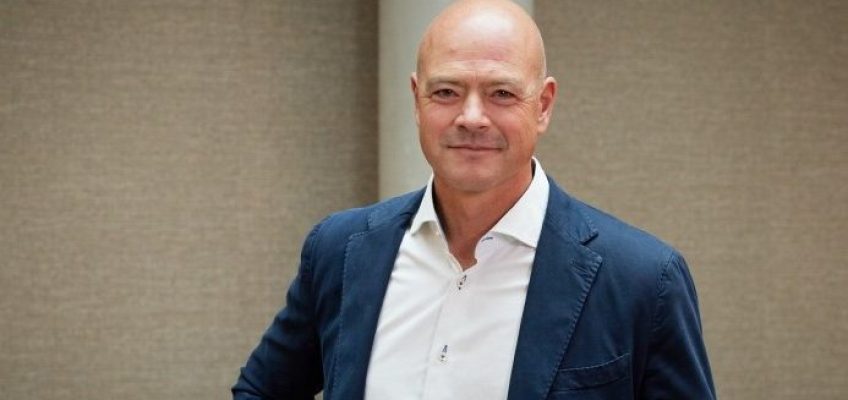François Mathy Jr has been appointed President and succeeds Kevin Staut who, having been involved in the club in a top role for ‘years’, has been confirmed on the board. The board also features the veterans Ludger Beerbaum, Rodrigo Pessoa, Steve Guerdat, Emilio Bicocchi and the newly elected Richard Vogel and Michael Duffy.
The NARG (North American Riders Group) has indicated Tiffany Foster as their representative on the new board together with her deputies Kent Farrington and Lauren Hough.
What will be the focus of the IJRC’s attention and activity in the Olympic year?
“Top equestrian sport is facing more and more significant challenges. To name a few, there is for example the tremendous increase in costs for riders and owners. In cooperation with the organisers and the FEI, we are working towards a stabilised guideline. Other hot topics on the agenda are the unfair consequence of positive tests from contaminated feed; the growing number of national federations who don’t have international athletes competing in jumping but vote on its rules; the effort to maintain the ‘social licence to operate’ in the world of equestrian sports and the image damage that can result when negative pictures go viral on social media.”
Are these issues of particular relevance in the Olympic year?
“We must not rest on our long-term inclusion in the Olympic Movement, despite the compromises made by all three Olympic disciplines following the dropping of the reduced scoring that came into effect in Tokyo. At the end of January, eventing learned that it was not yet formally confirmed for the Los Angeles 2028 Games and would have to submit further changes to its format. This is a strong signal that more attention is needed to present the IOC and the public with the best that show jumping has to offer.”
What is the role of education and youth commitment in the future of jumping?
“It is certainly of paramount importance. In the new board of the IJRC we have two young riders: Richard Vogel and Michael Duffy. We aim to involve more and more young horsemen to be protagonists of our sport. Their testimony and participation mean the Club has its boots on the ground and think about the future.
Nowadays, most of the upcoming riders in the international circuit, those who are preparing to become great champions soon, are trained as children in the family environment. The Philippaerts, Harry Charles, Jack Whitaker and, going up a bit with age, Martin Fuchs, are clear examples. Behind a good rider today there must necessarily be a team that guarantees the smooth running of an efficient organisational machine. Talent is not enough.
Competitions are a demanding task and behind a good result as well as the right horses, which have to be found and often grown, there are the relationships with the owners and sponsors, and the challenging management of the stables with all the professional figures who are involved in the complex sphere of handling horse athletes. Starting from the grooms, who have a fundamental role in the daily life of every athlete horse.
In this respect, Young Riders Academy is performing a truly extraordinary job. It so important to prepare tomorrow’s champions with an insight into aspects other than technical training, such as stable and team management, communication, and the legal aspects. Young people must also understand the importance of dealing with institutions and prove that they are not only focused on top results but also think about the image of our wonderful sport.”
Is the IJRC’s collaboration with the FEI crucial for the development or revision of regulations and all new projects?
“Yes, of course. Princess Haya of Jordan, during her presidency, was the first to realise the importance of the IJRC’s cooperation and involvement. She encouraged the riders to join the FEI. Since then, our presence has always increased and we can say with great satisfaction that the voice of the riders is represented in almost all working commissions.”


